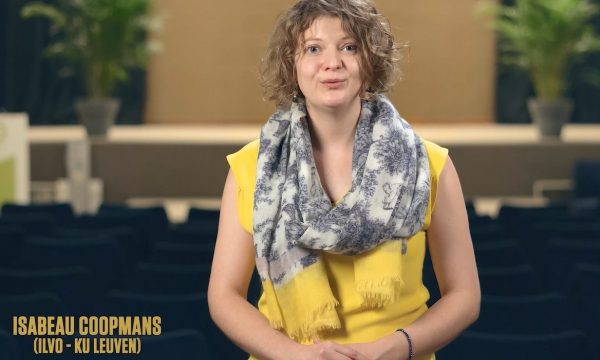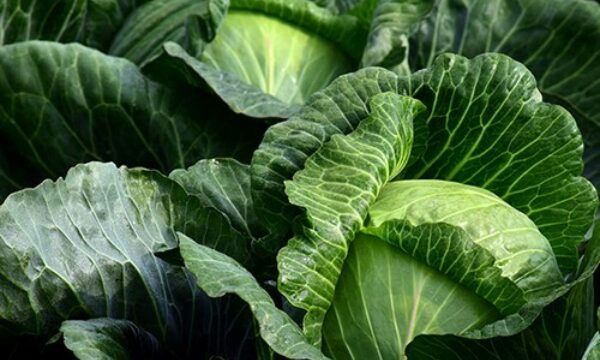Press release Mental stress in farmers is serious. (Seeking) help could be better

On the Global Day for Mental Health (10 October 2019), ILVO draws attention to the first interim results from its research into the well-being of the Flemish farmer (male and female). Most striking is that farmers of both genders don't usually seek help when they develop deep long-term stress symptoms. The Belgian women's agricultural organization KVLV thinks that taboos must be broken. The theme is high on the agenda. “Through our work, we are going to really help build resilience and learning from help,” says national president Nik Van Gool.
Many testimonials
In June 2019, ILVO (Flanders Institute for Agricultural, Fisheries and Food research) launched a call to active farmers to participate voluntarily with a testimony in the research project 'unhealthy stress in agriculture '. KVLV, farmer social organization “Groene Kring” and “Farmers at a Crossroads” all supported the call via their own channels. At the same time, there was also a general survey form on the theme to the 650 farmers of the existing agricultural monitoring network LMN (ed. note: that is a permanent group of farmers who are willing to share their company data with researchers, and who do so by completing surveys about their sector.)
More than 80 farmers or family members reported in person for a confidential one-to-one or group conversation. Meanwhile, 9 focus groups have been held with them, and all planned individual interviews have been done.
The LMN questionnaire was filled in by 285 farmers (93% men, average age 51 years, 1/3 only has the farm as family income). The group is sufficiently large to draw significant conclusions.
The size of the group that reports stress complaints has been calculated accurately. The causes of mental pressure also come from the searches.
High pressure
Farming remains one of the best-loved professions in the country. Farmers are proud of their hard work and love to work in nature. Only they face increasing challenges and a higher workload. This decreases their job satisfaction and resilience.
The LMN survey shows that the work of (co-)running a farm – is the cause of excessive fatigue (39%), irritability and frustration (36%), gloom (26%) and anxiety feelings or panic attacks (10%). Almost half (48%) indicate that the work mentally depletes them. A feeling of burnout was present at 11% for the last 5 years. Because the work and private life in this sector are highly intertwined, these complaints do not only impact the farmer him or herself, but on the whole family, as became clear in the conversations.
Seek help, find help
Farmers are much less inclined to seek help if their mental stress complaints have to do with personal problems (24%) than problems on the farm (42%). This is also confirmed in the personal conversations. "There is a closed culture that is characterized by feelings of pride and shame. Because of the taboo that prevails around mental complaints, farmers prefer to put their personal problems out of the way. Also the long working days without rest breaks complicate the search for help."
In addition, when they take the step, it is not evident to find the right help. Only 1 in 3 is useful (both for farming problems and for personal problems). The cost and the availability of professional aid is a threshold for many.
Farmers seeking and finding help indicate that this aid has become indispensable in order to cope with the many demands and challenges on their business. This usually involves professional guidance for problems on the farm, including by farmers at a crossroads or the innovation support point. A smaller number of farmer (INN) and also take the step to seek help for mental problems at the GP or psychologist.
KVLV Getting Started
Nik Van Gool, President of KVLV: "From the first results of the research, we are finding that the surveyed farmers find it important to be able to talk about their problems with family, acquaintances or colleagues and professional helpers. And they acknowledge the importance of taking time for self-care and relaxation. That confirms us in our choice to stimulate a talk culture and open atmosphere among farmers."
KVLV organizes meetings with colleagues and companions, solidarity actions, time and attention for women in distress.


